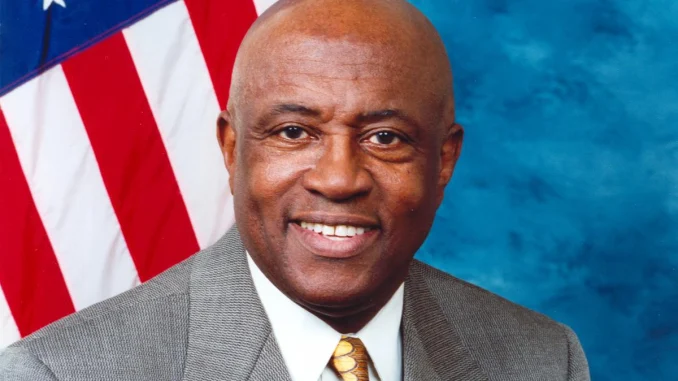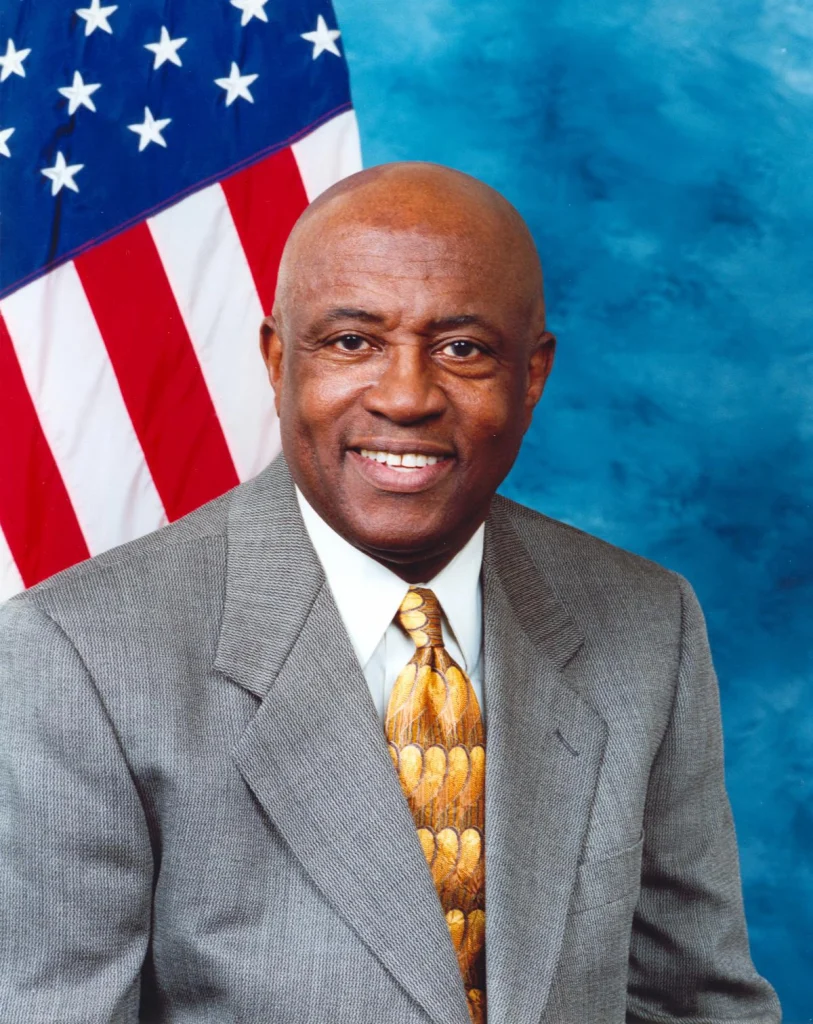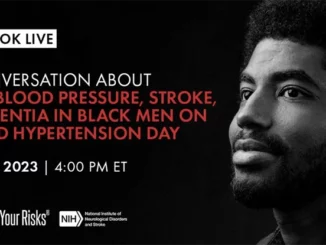
By Former Congressman Ed Towns
We certainly live in challenging times.
Shortly before RFK, Jr.’s hand-picked CDC panel met last week to abandon its COVID-19 vaccine recommendations, Senator Adam Schiff publicly asked insurers to cover routine vaccines for illnesses, no matter what the group recommended. I applaud Sen. Schiff for continually fighting the good fight.
Throughout my time in Congress, I was also a lifelong advocate for health equity. I spent decades fighting to make healthcare more accessible in underserved communities like the one I represented in Brooklyn. It was both an opportunity and a challenge to fight these inequalities.
But lately, some of our health equity challenges are quietly morphing into crises right before our eyes. I’m talking about pharmacy deserts, which continue to expand as pharmacies close in our cities and surrounding neighborhoods.
Take Sen. Schiff’s efforts, for instance. If pharmacists aren’t around to administer vaccinations, insurance coverage of these COVID-19 shots won’t matter for the millions of Americans stuck in pharmacy deserts.
Pharmacies are closing at an alarming pace. Across America: CVS closed 900 stores between 2022 and 2024, and they will close 270 more stores in 2025; Walgreens is shuttering 1,200 stores; and Rite-Aid, which recently filed for bankruptcy, closed more than 310.
I cannot sit on the sidelines and watch as pharmacies, the lifelines of community healthcare, vanish before our eyes. These pharmacies are essential institutions that serve as trusted, accessible points of care for millions of families with nowhere else to turn.
Nationwide, local drugstores are shutting their doors. These aren’t just a loss for businesses big and small; they are a loss for entire communities. For many, especially in under-resourced areas, these pharmacies are where people fill prescriptions, get vaccinated, manage chronic conditions, and ask health questions they can’t afford to take to a doctor. They’re a pillar of public health.
So why is this happening?
One major reason is a coordinated attack by the pharmaceutical industry on the very companies, the so-called middlemen that help keep drug costs down. These are the organizations that negotiate discounts, enable mail delivery, and manage the logistics that make medicine more affordable and accessible. Despite their role in lowering prices, they’re being blamed in ads, in the press, and in legislation. But without them, drug prices will rise and the pharmacies serving vulnerable neighborhoods will keep disappearing.
When lawmakers pass bills that strip away these providers’ ability to negotiate or operate pharmacies, the effects are swift and severe. Just look at Arkansas, where a new law is shutting down pharmacies and cutting off health care access in communities already struggling to meet basic needs. Other states are considering similar legislation, and minority communities will be hit first and worst.
This expanding patchwork of pharmacy deserts is not just inconvenient. It is a looming public health emergency that puts our communities at risk. Already, one-third of neighborhoods in major U.S. cities lack a local pharmacy, and those hardest hit are Black and Hispanic communities. If this trend continues, millions more will lose access to medications they need to stay healthy, manage diabetes or heart disease, or treat depression and anxiety. The list goes on.
We can’t afford to let that happen. Yes, our medicines must be cheaper. I am a lifelong Democrat. And when Republicans and President Trump are wrong, I hold them accountable. As such, the President deserves some acknowledgement with his recent executive order that aims to stop big drug companies from charging Americans the highest prices in the world. As did President Biden, who fought to allow Medicare the power to negotiate lower drug prices. But the real problem is that big drug companies are responsible for high drug prices, not the companies working to deliver medications affordably and efficiently. Tearing down the system that negotiates lower drug costs is like smashing a fire alarm because it’s too loud. It doesn’t stop the fire. It creates chaos and puts more people in danger.
Let’s stop attacking the parts of the system that are helping people. Parts that our everyday communities rely on. Let’s protect the pharmacies, services, and tools that keep our most vulnerable neighbors connected to care. Because once a pharmacy leaves a neighborhood, it rarely comes back, and the consequences can last a lifetime.







